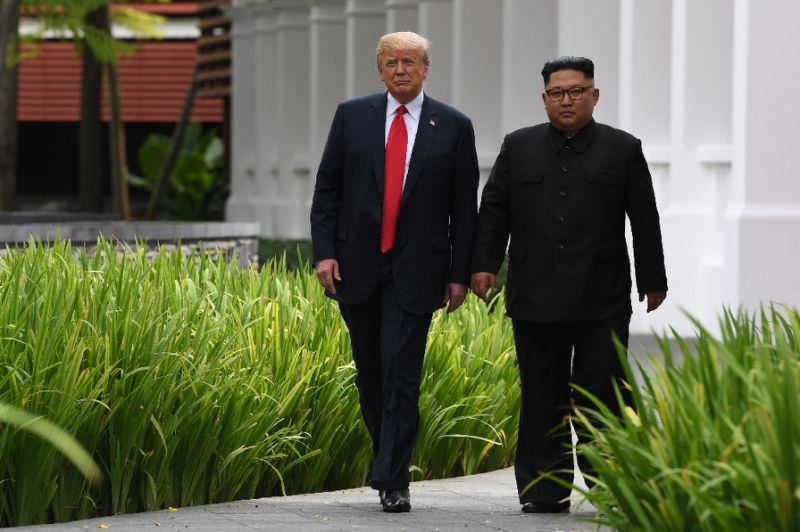×
The Standard e-Paper
Join Thousands Daily

US President Donald Trump and North Korean leader Kim Jong Un meet in Hanoi this week, faced with putting meat on the bones of the vaguely worded declaration that emerged from their historic first summit in Singapore.
That encounter, the first-ever between the leaders of the US and North Korea -- left many ambiguities on the key question of denuclearisation and analysts say clearer answers need to emerge in the Vietnamese capital.